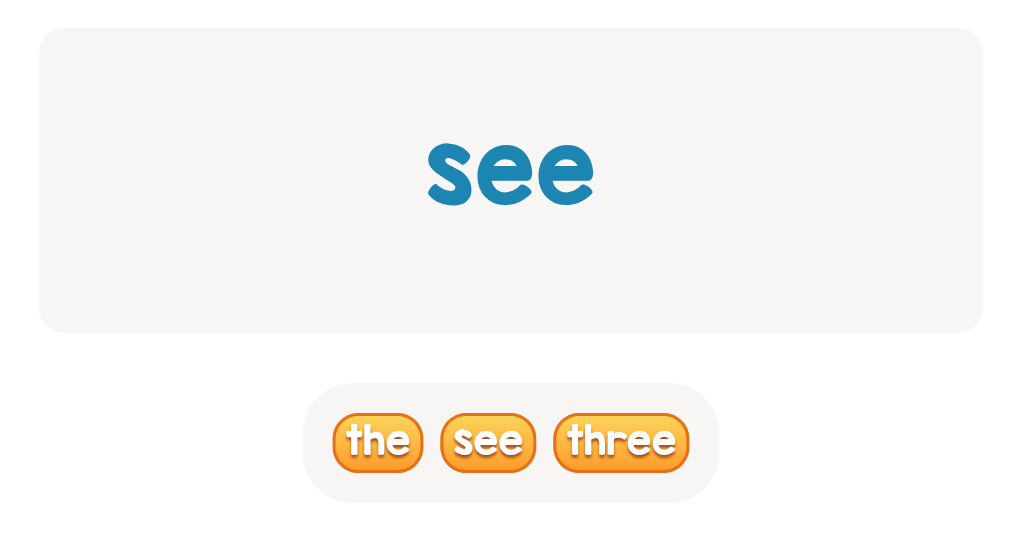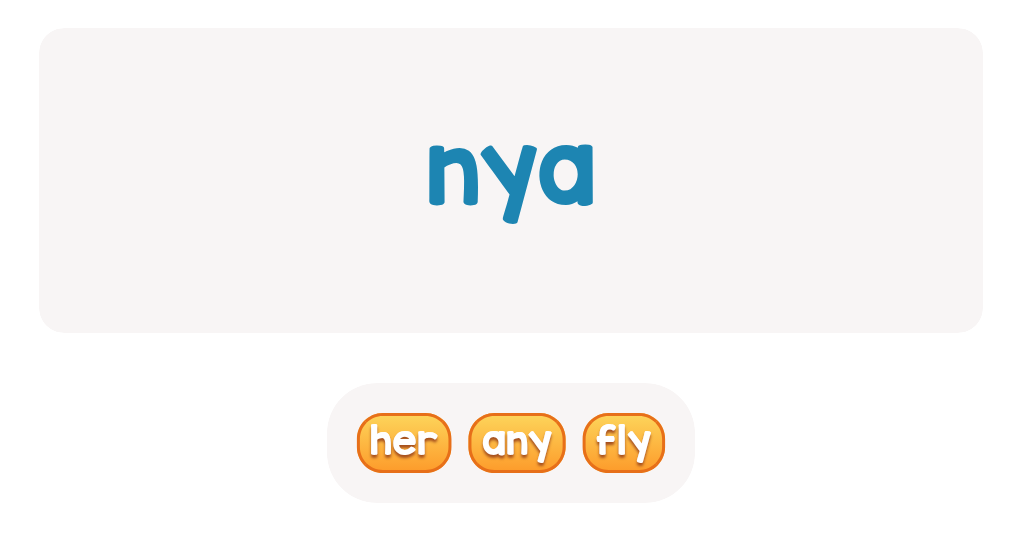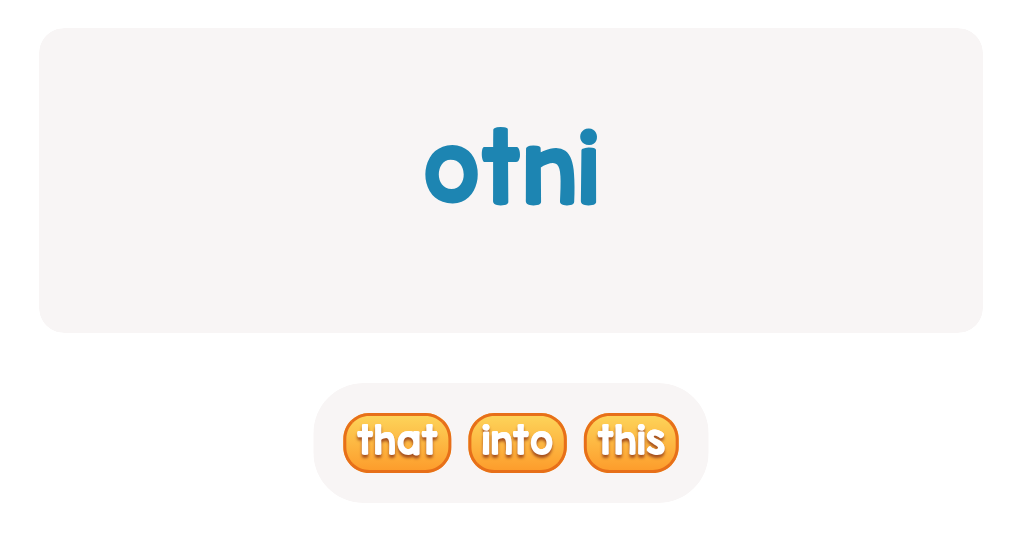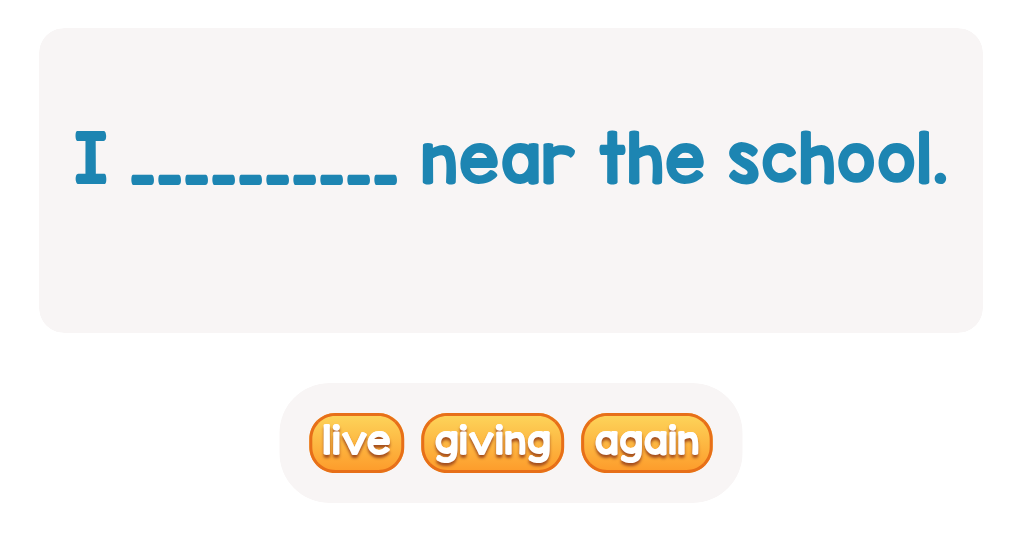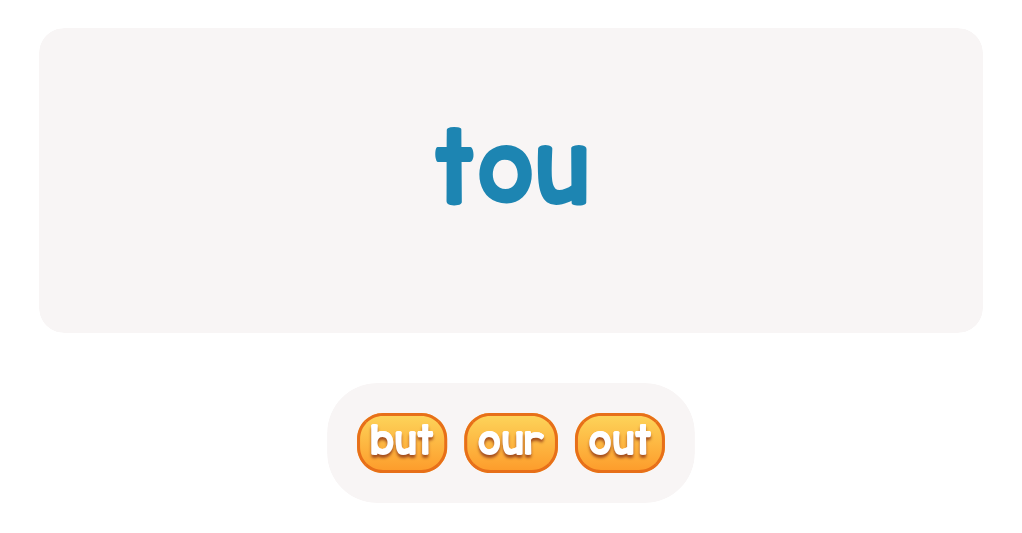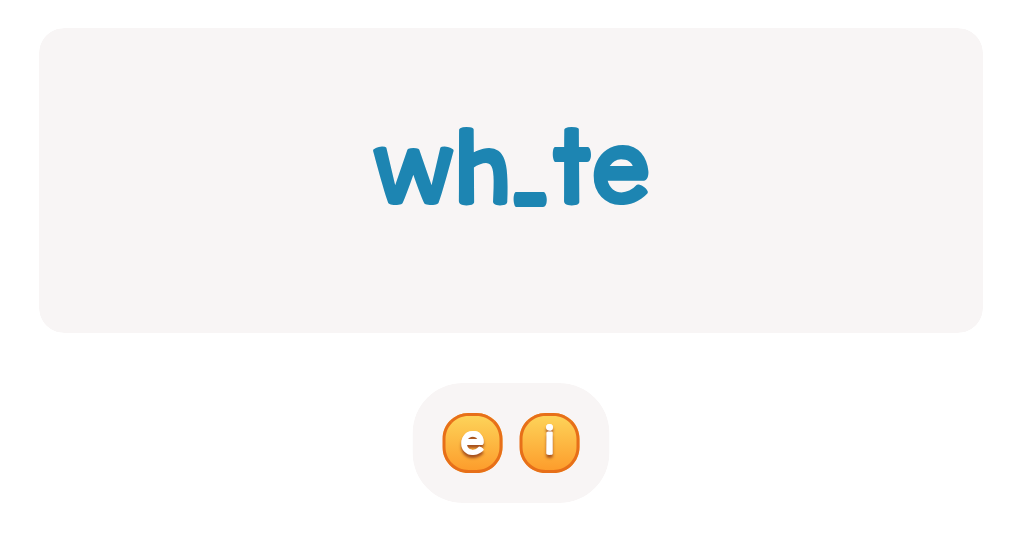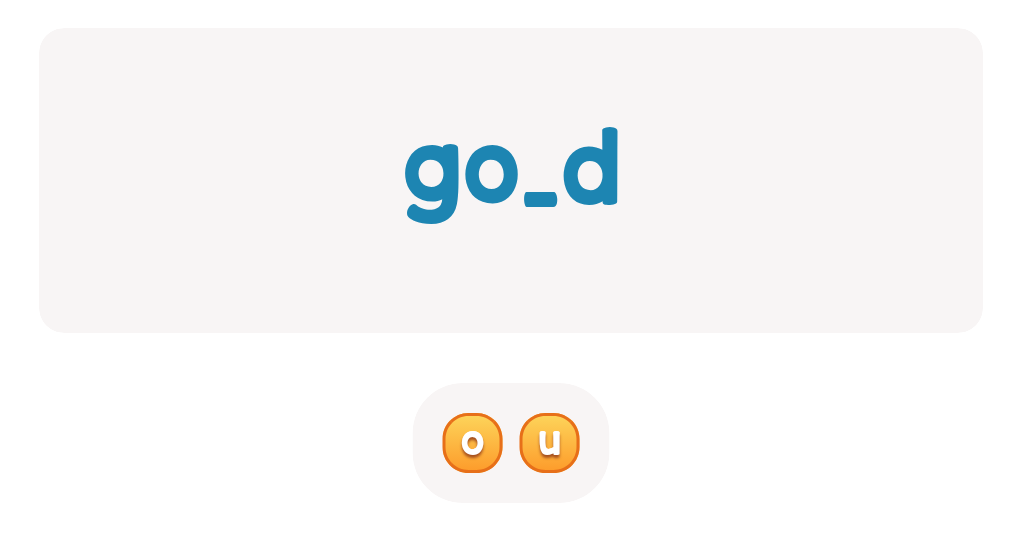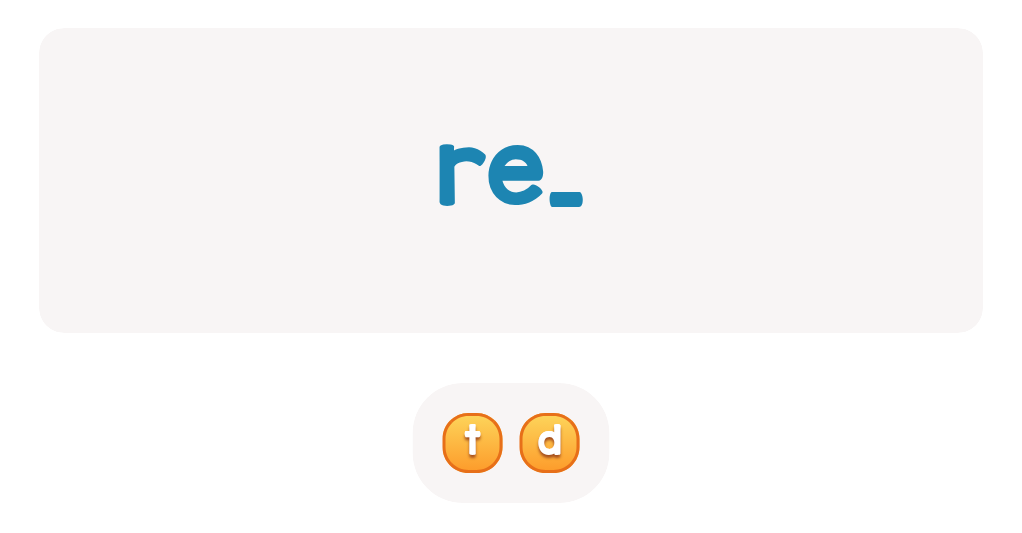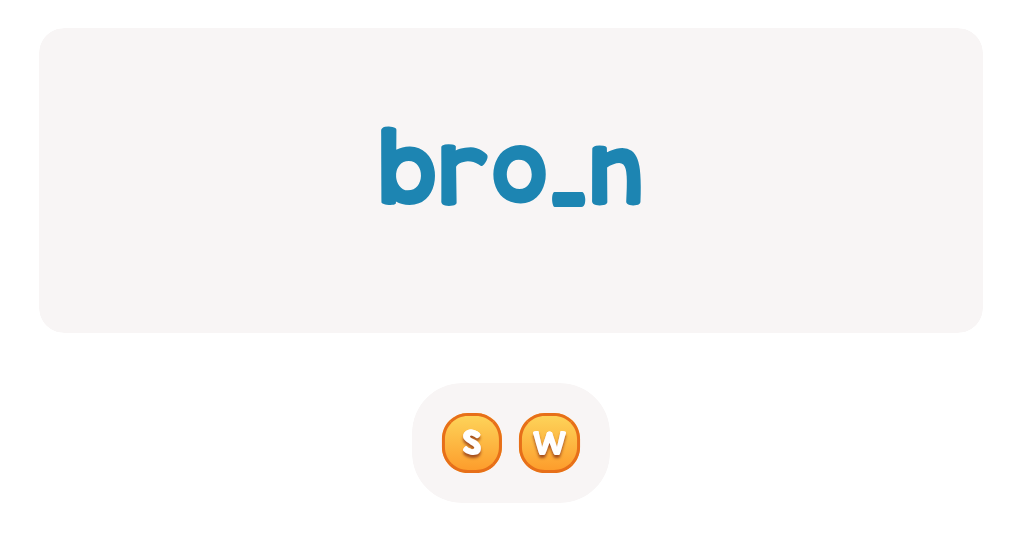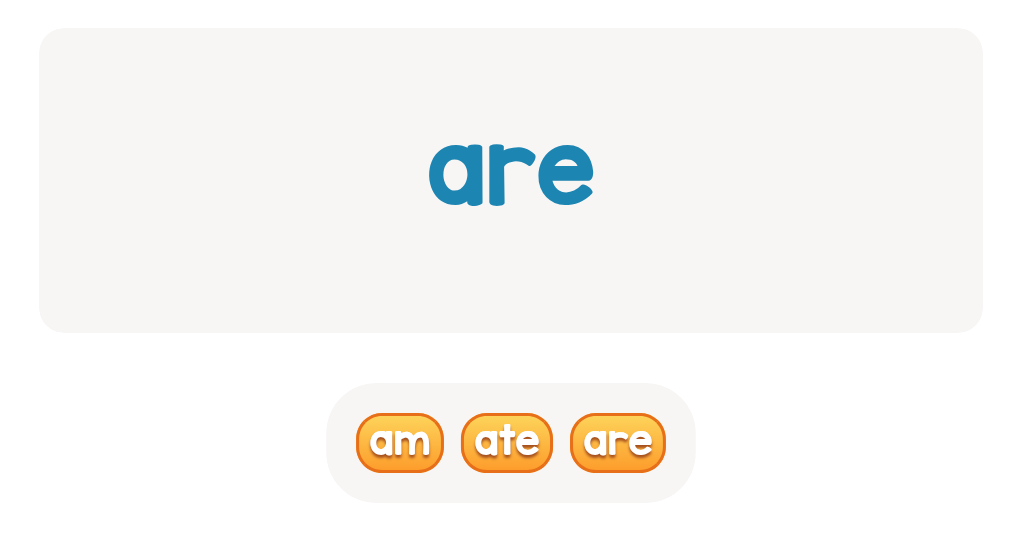Story sequencing Building Vocabulary Worksheets for Ages 6-7
4 filtered results
-
From - To
Enhance your child's vocabulary and comprehension skills with our Story Sequencing Building Vocabulary Worksheets for ages 6-7. These engaging worksheets are designed to help young learners organize events, enrich their storytelling abilities, and develop a robust vocabulary. By sequencing stories logically, children can improve their understanding of narrative flow and enhance critical thinking. Each worksheet offers fun, interactive exercises that make learning enjoyable and effective. Perfect for both classroom and at-home practice, these worksheets are an invaluable resource for fostering early literacy skills. Give your child the tools to succeed with our expertly crafted learning materials!
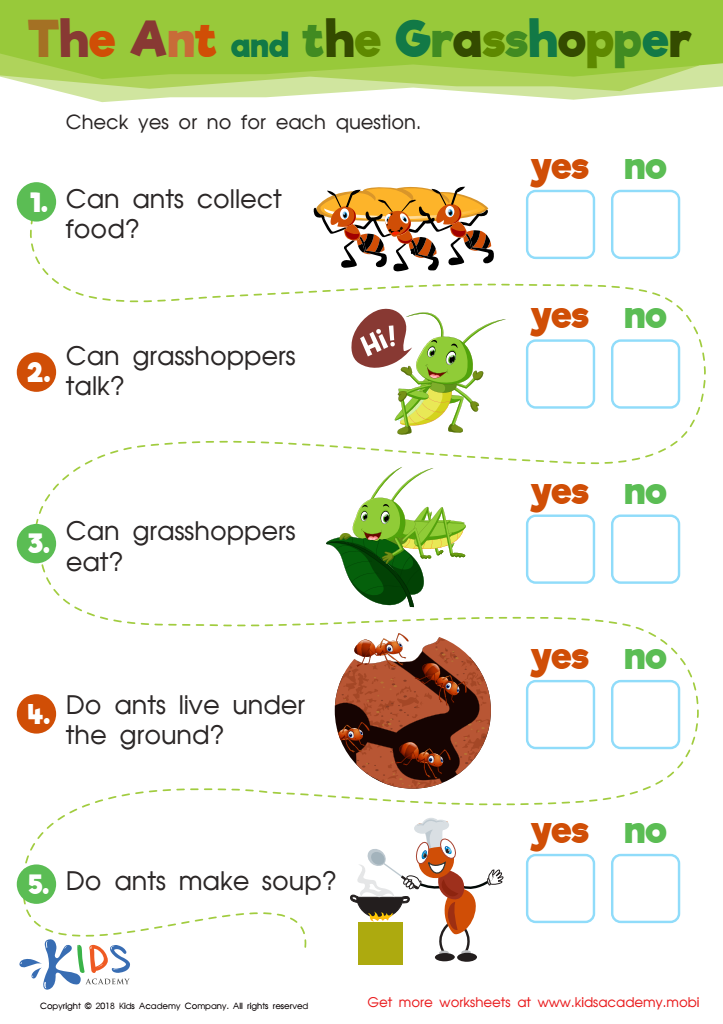

The Ant and The Grasshopper Worksheet
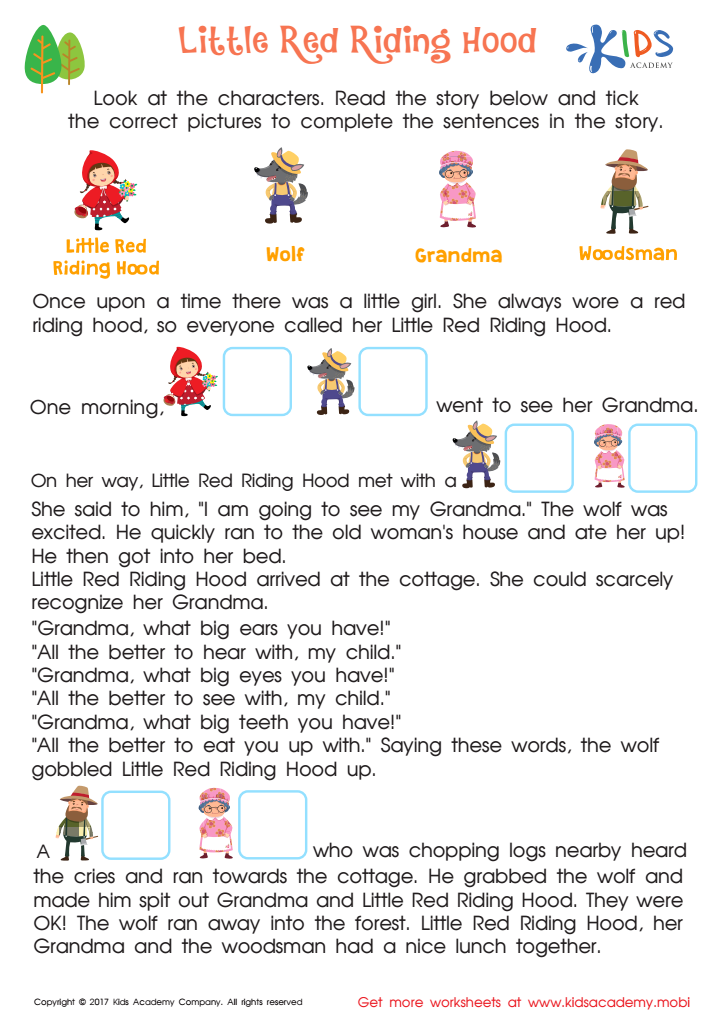

Little Red Riding Hood Printable
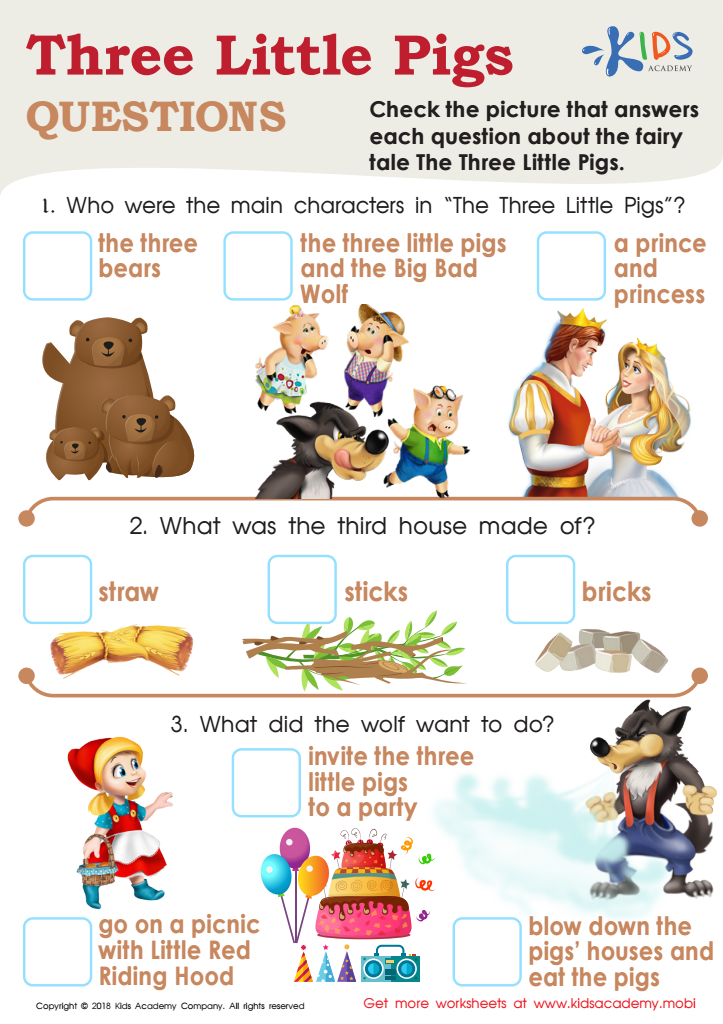

Three Little Pigs Questions Worksheet
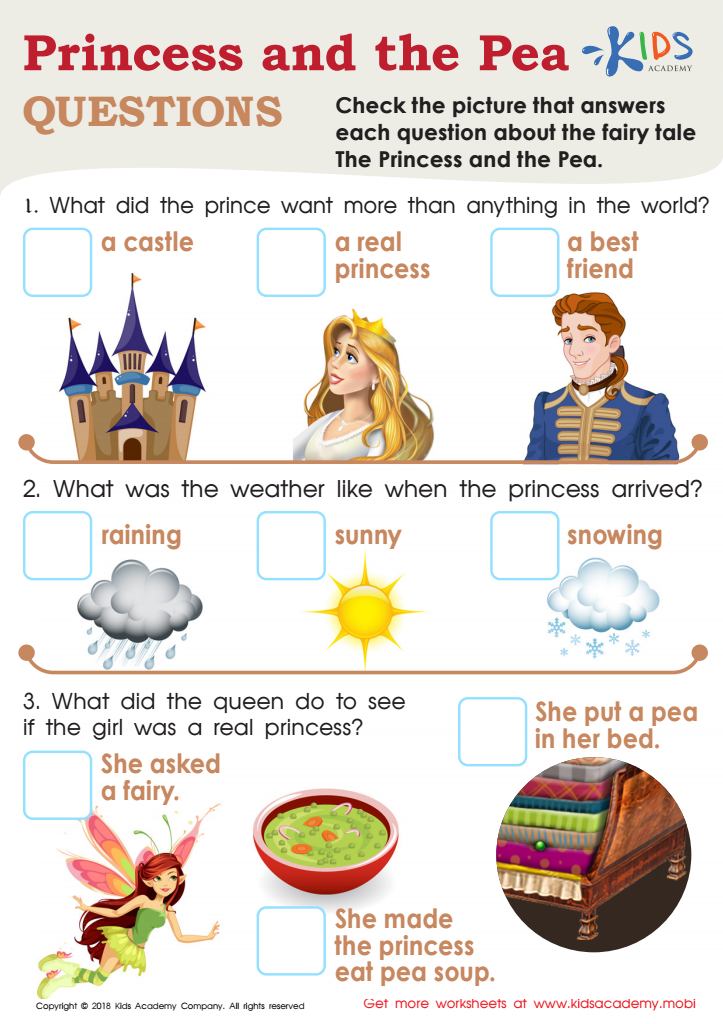

Princess and the Pea Questions Worksheet
Story sequencing and vocabulary building are critical components of early literacy for children aged 6-7. When parents and teachers prioritize these skills, they lay a solid foundation for successful reading and comprehension.
Story sequencing, the ability to arrange events in the order they occur, helps children understand narrative structure and improve comprehension. It teaches them to think logically and recognize cause-and-effect relationships. For instance, by sequencing the events in a story like "The Three Little Pigs," children gain insights into how actions lead to specific outcomes, which enhances their critical thinking skills. Sequencing also aids in the retention of details and the overall theme of a story, leading to better recall and longer attention spans.
Building vocabulary at this stage is immensely significant as a rich vocabulary directly influences reading fluency and comprehension. Children with a broad vocabulary can more easily recognize words and understand context when reading independently. Engaging with diverse words through activities like reading, storytelling, and vocabulary games not only boosts their language skills but also empowers them to express themselves more clearly and effectively.
Ultimately, focusing on story sequencing and vocabulary development propels children toward becoming skilled readers and confident communicators. By fostering these skills early on, parents and teachers help cultivate a lifelong love for reading and learning, setting children up for exceptional academic and personal growth.
 Assign to My Students
Assign to My Students
